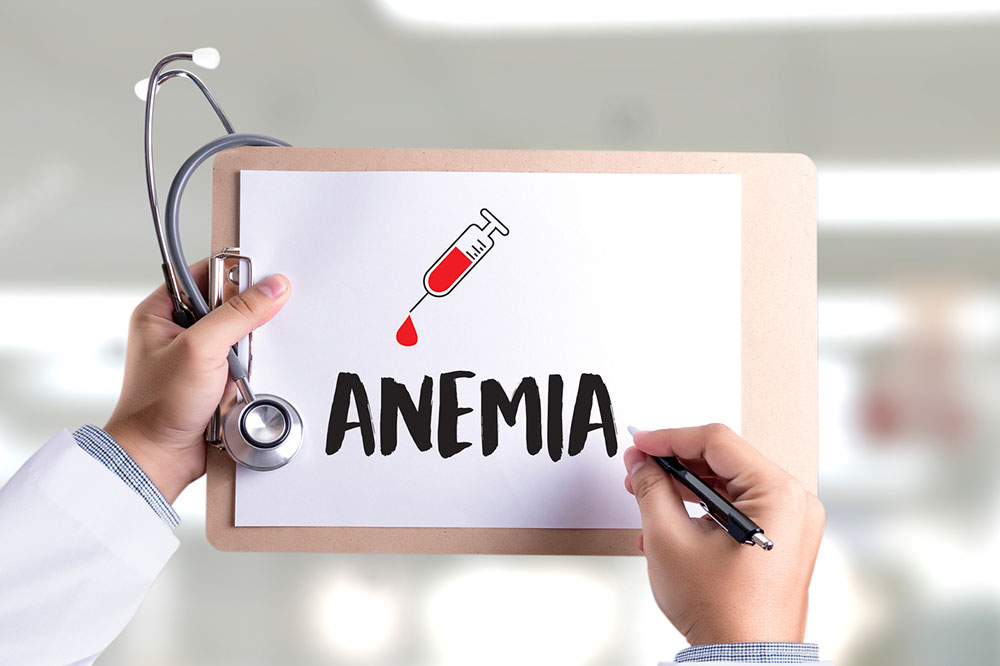Understanding the Causes and Risk Factors of Colon Polyps
Discover the main causes and risk factors of colon polyps, including lifestyle, genetics, and dietary influences. Learn how early detection and lifestyle changes can prevent progression to colon cancer. Regular screenings and healthy habits are essential for maintaining colon health and avoiding serious complications.

Understanding the Causes and Risk Factors of Colon Polyps
Colon polyps are abnormal growths that develop on the inner lining of the large intestine. These growths occur due to mutations in the cells’ genetic material, disrupting normal cell life cycles. Polyps can be classified as non-neoplastic, which are inflammatory and less harmful, or neoplastic, which have cancerous potential. Common symptoms include changes in bowel habits, abdominal pain, rectal bleeding, and stool color shifts. While no single cause exists, factors such as vitamin D deficiency, aging, smoking, red meat consumption, inflammatory bowel conditions, and genetic syndromes increase the risk of developing colon polyps.
Preventative measures include maintaining adequate vitamin D levels, avoiding smoking, moderating red meat intake, managing inflammatory bowel diseases, and regular screenings. Hereditary syndromes like Lynch syndrome and familial polyposis also predispose individuals to colon polyps. Early diagnosis and removal are crucial to prevent progression into colon cancer. Adopting a healthy lifestyle, regular check-ups, and prompt treatment can significantly reduce health risks associated with colon polyps.










